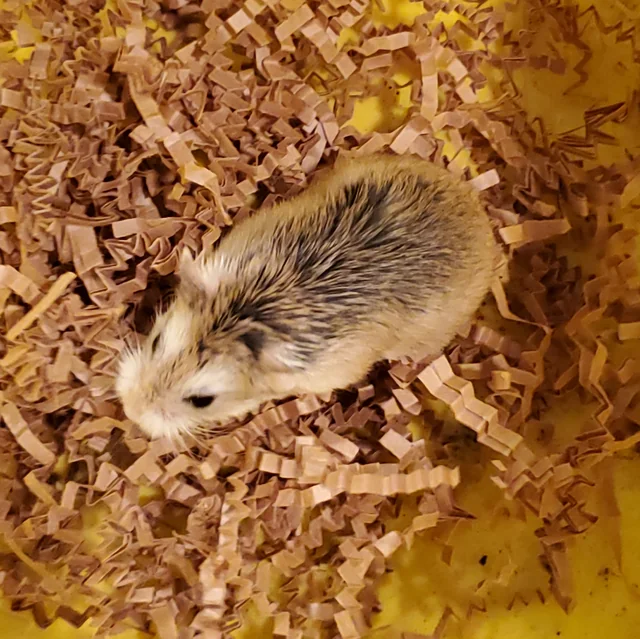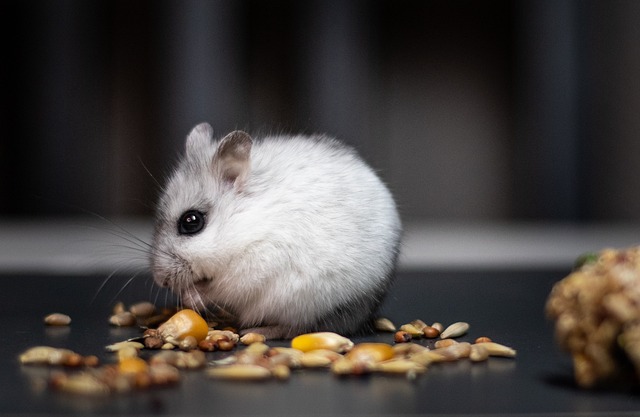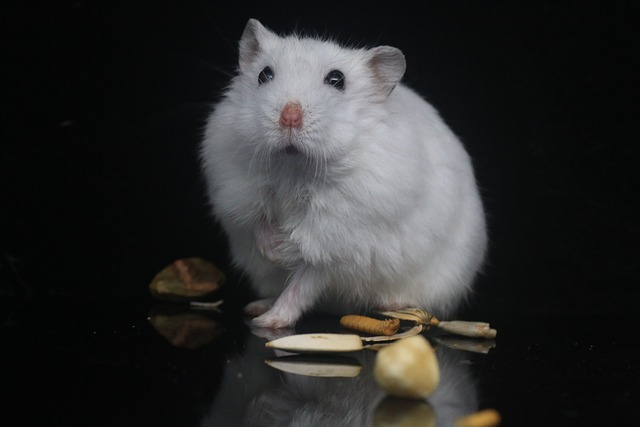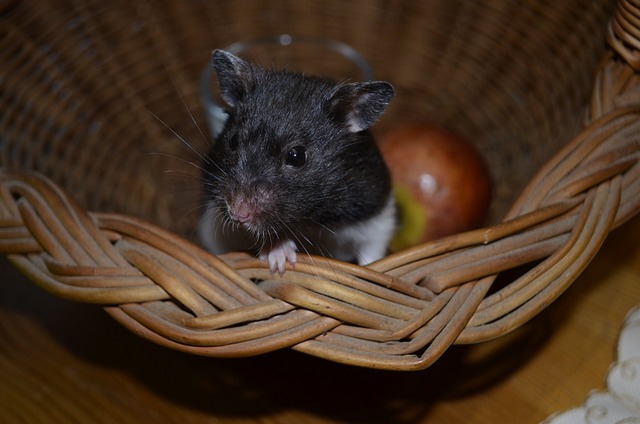Can Hamsters Eat Blueberries – Hamsters.pk
The Nutritional Benefits of Blueberries for Hamsters
Blueberries are not only a delicious treat but also a nutritional powerhouse for our furry little friends, the hamsters. These tiny berries are packed with essential vitamins, minerals, and antioxidants that can contribute to your hamster’s overall health and well-being. Let’s dive into the specifics of why blueberries should be a part of your hamster’s diet.
Vitamin C Boost
Hamsters, like humans, cannot produce vitamin C on their own, making it crucial to include this vitamin in their diet. Blueberries are an excellent source of vitamin C, which plays a vital role in supporting the immune system, promoting wound healing, and maintaining healthy skin and fur.
Antioxidant Protection
Blueberries are rich in antioxidants, particularly anthocyanins, which give them their deep blue color. These antioxidants help protect your hamster’s cells from damage caused by free radicals, potentially reducing the risk of certain diseases and promoting overall health.
Fiber for Digestive Health
Blueberries are a good source of dietary fiber, which is essential for maintaining a healthy digestive system in hamsters. Fiber aids in proper digestion, prevents constipation, and supports a healthy gut microbiome.
Hydration Source
With their high water content, blueberries can help keep your hamster hydrated, especially during the warmer months or if your hamster is not drinking enough water. Proper hydration is crucial for many bodily functions and can prevent various health issues.
Low-Calorie Treat
Blueberries are a low-calorie treat, making them a great option for hamsters who need to watch their weight. They provide essential nutrients without adding excessive calories, which can lead to obesity and related health problems in hamsters.
While blueberries offer numerous benefits, it’s important to remember that they should be fed in moderation as part of a balanced diet. Consult with your veterinarian or a qualified expert to determine the appropriate serving size and frequency for your hamster’s age, size, and overall health condition.
Introducing Blueberries to Your Hamster’s Diet
Incorporating fresh and nutritious foods into your hamster’s diet is essential for their overall well-being. Blueberries are an excellent addition, offering a wealth of vitamins, minerals, and antioxidants. However, it’s crucial to introduce them gradually and monitor your hamster’s reaction to ensure a smooth transition. Here’s how you can safely introduce blueberries to your furry friend’s diet.
Start Slow and Steady
When introducing any new food, it’s best to start with small portions. Begin by offering your hamster just a few blueberries at a time, observing how they respond. Some hamsters may take to the new treat immediately, while others may be more hesitant.
Opt for Fresh and Ripe Berries
Always choose fresh and ripe blueberries for your hamster. Avoid overripe or moldy berries, as they can cause digestive issues. Wash the berries thoroughly to remove any dirt or pesticide residue before serving.
Timing is Key
The best time to introduce new foods, like blueberries, is during the evening hours. Hamsters are naturally more active and curious about their surroundings at this time, making them more receptive to trying new treats.
Monitor for Reactions
After introducing blueberries, closely monitor your hamster for any signs of digestive discomfort, such as diarrhea or bloating. If you notice any adverse reactions, discontinue feeding blueberries and consult with your veterinarian.
Variety is the Spice of Life
While blueberries are a nutritious addition, it’s important to maintain a varied and balanced diet for your hamster. Incorporate other fruits, vegetables, and high-quality hamster food to ensure they receive a wide range of essential nutrients.
Moderation is Key
Remember, blueberries should be treated as a occasional treat and not a staple food. Overfeeding can lead to obesity and other health issues in hamsters. Follow the recommended serving sizes based on your hamster’s size and age.
By gradually introducing blueberries to your hamster’s diet and following these guidelines, you can provide them with a delicious and nutritious treat that enriches their overall well-being. As with any dietary change, patience and observation are key to ensuring a smooth transition.
Moderation is Key : Proper Serving Sizes of Blueberries
While blueberries are a nutritious treat for your hamster, it’s essential to practice moderation when incorporating them into their diet. Overfeeding any food, even healthy options like blueberries, can lead to potential health issues. Here’s a guide to understanding the proper serving sizes and frequency for feeding blueberries to your furry companion.
Serving Size by Hamster Size
The appropriate serving size of blueberries depends on the size of your hamster. As a general guideline:
- Dwarf Hamsters: Offer 1-2 blueberries per serving, no more than twice a week.
- Syrian (Golden) Hamsters: Provide 2-3 blueberries per serving, up to three times a week.
Remember, these are rough estimates, and it’s always best to consult with your veterinarian for personalized advice based on your hamster’s age, weight, and overall health.
Frequency and Rotation
Blueberries should be treated as an occasional treat and not a regular part of your hamster’s daily diet. It’s recommended to rotate blueberries with other healthy treats, such as small pieces of fresh fruits and vegetables, to provide variety and prevent overconsumption of any single food item.
Potential Risks of Overfeeding
Overfeeding blueberries or any food can lead to several health issues in hamsters, including:
- Obesity: Excessive calorie intake can cause rapid weight gain, putting strain on your hamster’s small body.
- Digestive Problems: Too many blueberries can disrupt your hamster’s delicate digestive system, potentially causing diarrhea, bloating, or other gastrointestinal issues.
- Nutritional Imbalances: An overabundance of one food item can lead to nutritional deficiencies or imbalances, as your hamster may not be receiving a well-rounded diet.
Monitoring and Adjustments
It’s essential to monitor your hamster’s reaction to blueberries and adjust the serving size accordingly. If you notice any adverse effects, such as loose stools or discomfort, reduce the amount or temporarily remove blueberries from their diet until their system returns to normal.
Remember, every hamster is unique, and their dietary needs may vary based on factors like age, activity level, and overall health. By following the recommended serving sizes and introducing blueberries gradually, you can provide a healthy and enjoyable treat while ensuring your hamster’s well-being.
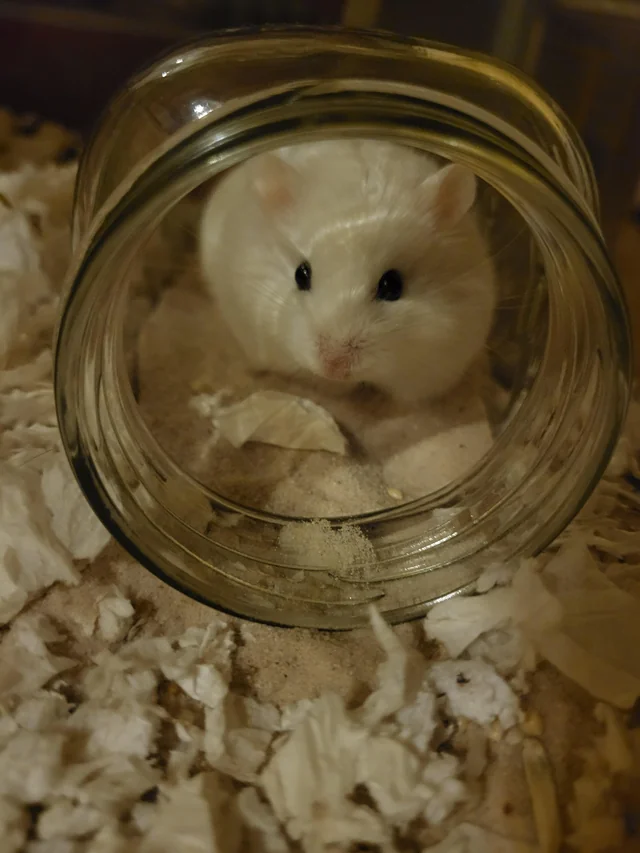
Potential Risks and Precautions When Feeding Blueberries
While blueberries are a nutritious treat for hamsters, it’s crucial to be aware of potential risks and take necessary precautions to ensure your furry friend’s safety and well-being. Here are some important considerations when incorporating blueberries into your hamster’s diet.
Choking Hazard
Blueberries, although small, can still pose a choking risk for hamsters, especially if fed whole. It’s essential to slice or mash the blueberries before serving them to your hamster. This not only reduces the choking hazard but also makes the berries easier to consume and digest.
Pesticide Residue
Commercially grown blueberries may have been treated with pesticides or other chemicals during cultivation. These residues can be harmful to your hamster’s health if ingested. Always wash the blueberries thoroughly under running water and consider purchasing organic varieties whenever possible.
Mold and Spoilage
Like any fresh produce, blueberries can spoil or develop mold if not stored properly or left out for too long. Moldy or spoiled blueberries can cause digestive issues and potentially make your hamster sick. Inspect the berries carefully before feeding and discard any that appear discolored, shriveled, or have visible mold growth.
Sugar Content
While blueberries are low in sugar compared to other fruits, they still contain natural sugars that should be consumed in moderation. Excessive sugar intake can lead to weight gain, dental issues, and potential health problems in hamsters. Stick to the recommended serving sizes to avoid overfeeding.
Allergic Reactions
Although rare, some hamsters may be allergic to blueberries or develop sensitivities to certain fruits. If you notice any signs of an allergic reaction, such as excessive scratching, sneezing, or difficulty breathing, discontinue feeding blueberries immediately and consult your veterinarian.
Dietary Balance
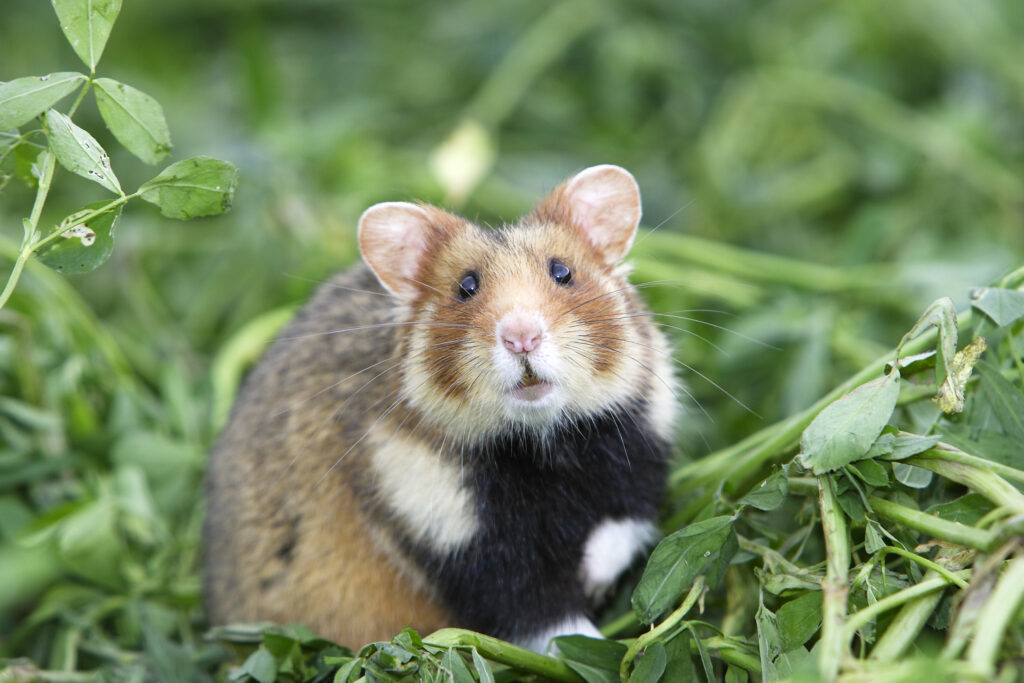
While blueberries are a healthy treat, they should not replace a well-balanced diet for your hamster. Ensure that your furry friend receives a complete and varied diet consisting of high-quality hamster food, fresh vegetables, and occasional treats like blueberries.
By being aware of these potential risks and taking the necessary precautions, you can safely incorporate blueberries into your hamster’s diet and provide them with a delicious and nutritious treat. Always prioritize your pet’s health and well-being, and consult with a veterinarian if you have any concerns or questions.

